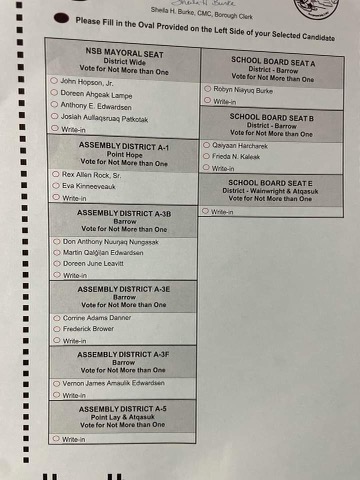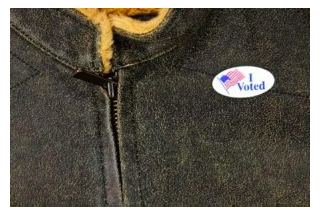Rep. Tom Emmer has introduced a bill to ban the Federal Reserve from creating a central bank digital currency.
“A CBDC is nothing more than a CCP-style surveillance tool that can be weaponized to oppress the American way of life,” the Minnesota congressman said in remarks he made after introducing the CBDC Anti-Surveillance State Act.
A CBDC is a digital form of central bank money that is available to the general public. Central bank money refers to money that is a liability of the central bank.
In the United States, there are currently two types of central bank money: physical currency issued by the Federal Reserve and digital balances held by commercial banks at the Federal Reserve.
While Americans have long held money predominantly in digital form, such as bank accounts, payment apps like Venmo, or through online transactions, a CBDC would differ because a it would be a liability of the Federal Reserve, rather than a commercial bank.
CBDC is also different from decentralized cryptocurrencies, like Bitcoin, because a CBDC is a digital form of sovereign currency that is designed and issued by a government and transacts on a digital ledger that is controlled by that government.
In short, a CBDC is government-controlled programmable money that, if not designed to emulate cash, could give the federal government the ability to surveil Americans’ transactions and choke out politically unpopular activity.
The CBDC Anti-Surveillance State Act, to halt the efforts of unelected bureaucrats in Washington, D.C. from issuing a central bank digital currency that dismantles Americans’ right to financial privacy, Emmer said. He is joined by 50 original cosponsors on his legislation.
“The administration has made it clear: President Biden is willing to compromise the American people’s right to financial privacy for a surveillance-style CBDC. That’s why I’m reintroducing my landmark legislation to put a check on unelected bureaucrats and ensure the United States’ digital currency policy upholds our values of privacy, individual sovereignty, and free-market competitiveness,” Emmer said.
Club for Growth President David McIntosh said that the CBDC concept is a form of social tracking, such as is found in China.
“Two world visions for the future of digital currencies are in conflict: China and a Central Bank Digital Currency (CBDC) where government creates digital assets and surveils, spies, monitors, and restricts consumer behavior versus an American free marketplace that enables private competition that protects consumer data, allows economic freedom, enables innovation, and encourages competition. Club for Growth is pleased to work with House Majority Whip Tom Emmer so America doesn’t go down the China road and the Federal Reserve never develops a CBDC. We fully support this new legislation which does just that,” McIntosh said.
Specifically, the CBDC Anti-Surveillance State Act prohibits the Federal Reserve from issuing a CBDC directly to individuals, ensuring the Fed cannot mobilize itself into a retail bank able to collect personal financial data on Americans. It prohibits the Fed from indirectly issuing a CBDC to individuals through an intermediary, preventing the Fed from launching a retail CBDC through our two-tier financial system.
It also prohibits the Fed from using any CBDC to implement monetary policy, ensuring the Federal Reserve cannot use a CBDC as a tool to control the American economy. The legislation protects innovation and any future development of digital cash.
Whip Emmer first introduced the leading Republican bill to address central bank digital currencies in January of 2022.
The bill is now co-sponsored by 50 of Whip Emmer’s Republican colleagues, including Members of the Financial Services Committee, Representatives French Hill (AR-02), Warren Davidson (OH-08), Byron Donalds (FL-19), Pete Sessions (TX-32), Young Kim (CA-40), William Timmons (SC-04), Ralph Norman (SC-05), Barry Loudermilk (GA-11), Bryan Steil (WI-01), Scott Fitzgerald (WI-05), Mike Flood (NE-01), Bill Posey (FL-08), Mike Lawler (NY-17), Andy Ogles (TN-05) and Ann Wagner (MO-02).









